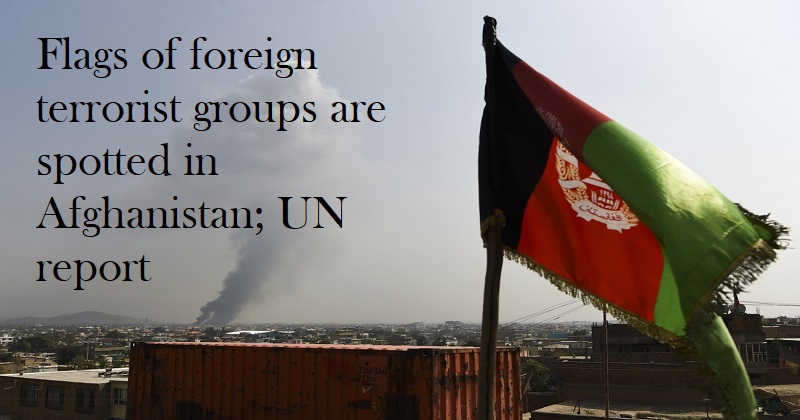
The United Nations on Tuesday highlighted alarming trends seen in recent months and emphasised rising security concerns in Afghanistan, including the country’s continued presence of international terrorist organisations. The issues were brought up in Antonio Guterres’ most recent quarterly report to the Security Council on Afghanistan.
‘The security situation displays a worrying trend in recent months, notably the sequence of assaults by ISIL-K, recurrent armed opposition conflicts with Taliban de facto security forces, and the persistence of foreign terrorist groups in Afghanistan,’ the study added. It stated that the Taliban must maintain its pledge by taking real steps to make sure no person or organisation uses Afghan land to endanger the security of other nations.
The quarterly report asked the Taliban leadership to engage in a meaningful counterterrorism conversation to boost global collaboration in fending off these dangers while abiding by legal duties. The Taliban were urged by the UN report to defend all Afghans’ fundamental rights and freedoms, especially women and girls.
‘Continued limitations on Afghan women and girls’ capacity to fully exercise their rights would have long-term negative effects on Afghanistan’s recovery and stability. The use of laws and regulations to restrict women’s rights contributes to an atmosphere of intimidation, which is exacerbated by the de facto authorities’ use of harsh, inhuman, and humiliating penalties against people for actual or alleged noncompliance.
‘For reported offences, women are disproportionately targeted. The de facto authorities must act to hold those responsible for such activities accountable and to stop them from happening again’, it added. The UN also came to the alarming conclusion that the persistent pressure exerted on journalists and civil society activists by the de facto government is causing a decreasing civic space. According to the report, ‘the de facto authorities are asked to safeguard the safety of journalists and members of civil society and to respect and promote basic freedoms of thought, expression, peaceful assembly, and association for all Afghans, women and men’.
This most recent UN report comes after the UNAMA report, which was published in July and described the state of human rights in Afghanistan following the Taliban takeover. The conclusions of UNAMA regarding the protection of civilians, extrajudicial executions, torture, ill-treatment, arbitrary arrests and detentions, the rights of Afghan women and girls, basic freedoms, and the environment in imprisonment facilities were summarised in the report. The study also made suggestions to the international community and the de facto authorities.
Despite a large overall decline in armed conflict, 2106 civilian deaths were reported to UNAMA between mid-August 2021 and mid-June 2022. Targeted strikes by the armed organisation calling itself ‘Islamic State in Iraq and the Levant – Khorasan Province’ targeting ethnic and religious minority populations in locations where they pray, attend school, and go about their everyday lives were blamed for the bulk of civilian fatalities.

Post Your Comments